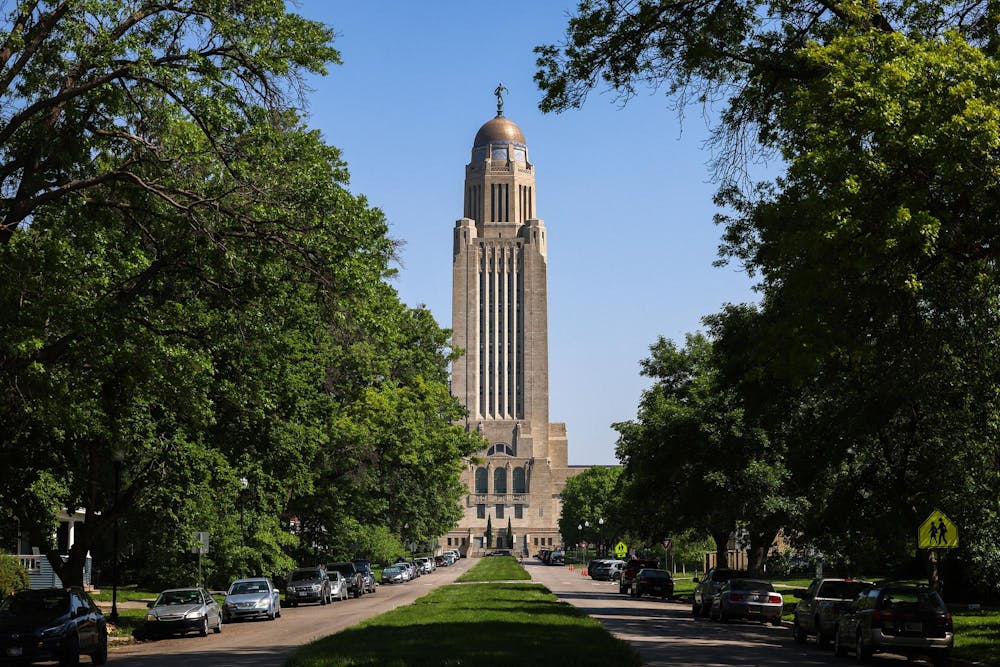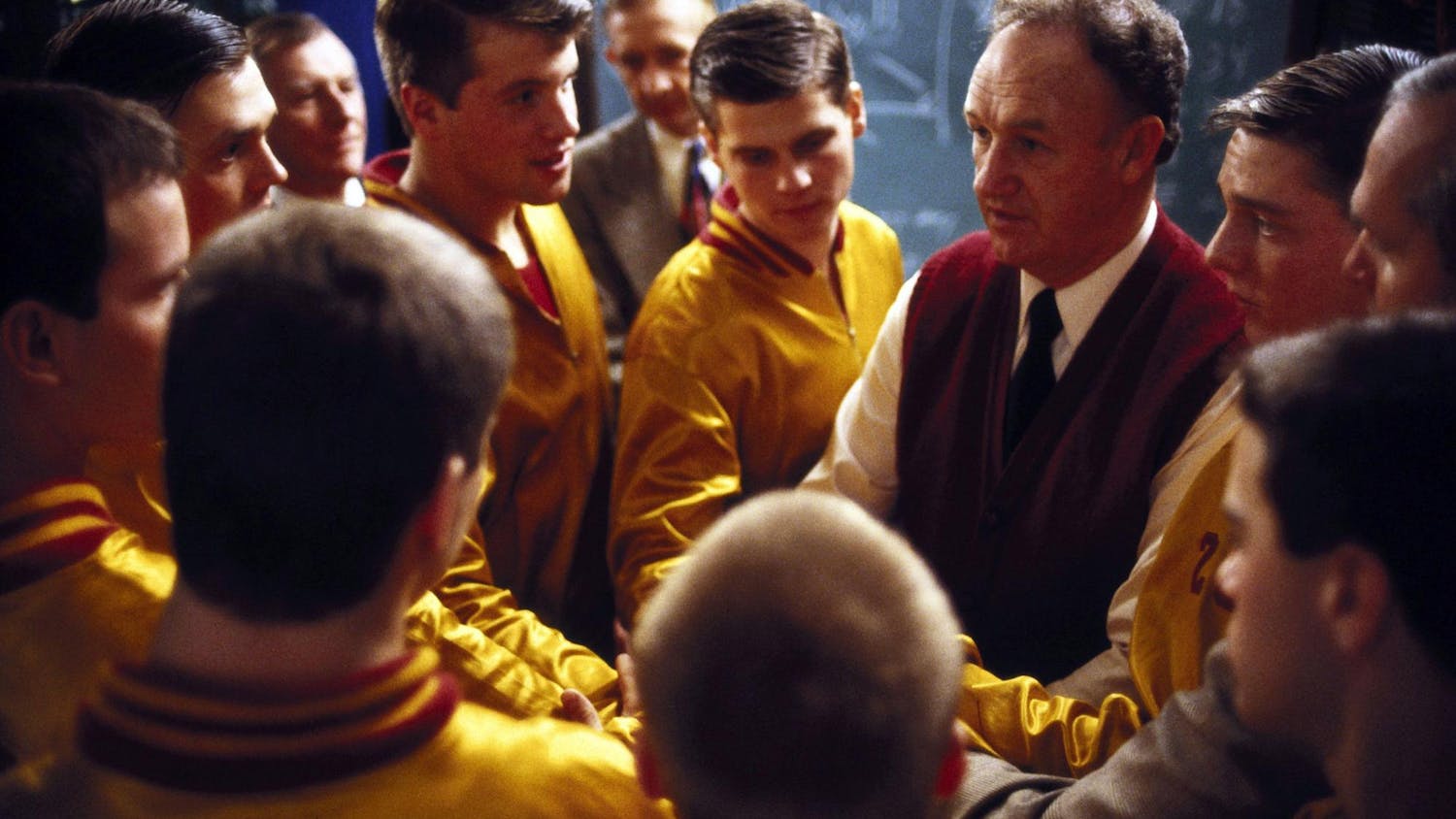Democratization has been a long and persistent battle in the history of our country. The creation of the Constitution, the Civil War, the women's suffrage movement and the Civil Rights Movement are all moments in U.S. history where democracy prevailed and created necessary representation for more Americans. But, with these advancements, there are still those who try to push back. It is this pushback that prevents the progression of our union. By making the voting process more inclusive we achieve a more accurate representation of the people's will.
The issue with making voting more accessible across the country is that it doesn't ensure a candidate’s victory, but gives a stronger voice to the people. For those fixated on power, it is typically more beneficial to simplify the voting process where it benefits them. The most recent example is Nebraska, where national Republicans attempted to change the state's unique electoral system in hopes of putting one more point on the board for their candidate.
In presidential elections, the outcomes hinge on key “Swing states” that do not traditionally vote Democrat or Republican. These states are often the focus of campaigns, and where candidates spend most of their time visiting, advertising, and hosting rallies. However in this cycle, Nebraska, historically a red state, has entered the spotlight for a different reason. Nebraska and Maine are the only states that do not practice the typical winner-take-all electoral system. Instead, the two states allocate their electoral votes by congressional district, allowing for a more accurate representation of the state. Ideally, the rest of the country would adopt this stance since it would ensure the people's vote was reflected more accurately.
But, where some see progress, others see a problem to be solved. Most recently, national Republicans pushed for a change to this method of allocating votes, but not in the name of democracy. In the 2020 election, Joe Biden was able to secure Omaha, Nebraska’s “blue-dot,” leading to a 4-1 split between him and Trump. This time around, Trump wanted to make sure that this was not possible, since one vote could potentially be the difference between winning or losing.
In a race that has been neck and neck since Kamala Harris became the Democratic nominee, there are a few situations where Omaha could decide the election. Assuming Harris has similar success to Biden's 2020 run, she would secure the “Blue Wall,” including swing states such as Pennsylvania, Michigan and Wisconsin. Conversely, if Trump holds battleground states, such as Arizona, Florida, Georgia and North Carolina, as he did in 2016, we could be in for an unprecedented election. In this scenario, both candidates would win 269 votes, leading to a tie and leaving the results up to a final vote in the House of Representatives.
If that isn't enough to prove the significance of the blue dot, let's consider what could have been had Trump been successful in changing Nebraska. In this scenario, Trump would win all five of Nebraska's votes, regardless of the voter makeup in Omaha, and would take the election in a 270-269 victory. This win is not based on representation, not based on the vote of those in Omaha, but based on a partisan push to un-democratize the state.
Fourtuenaly, this change was ultimately stopped in Nebraka’s legislature, thanks to Omaha state Senator Mike McDonnell, who resisted pressure from Trump and fellow Republicans. Had he supported the switch, two other senators in the unicameral legislature would have followed suit and created the change.
Though Republicans were unsuccessful, the attempt highlights many broader issues within American politics and the GOP. Republicans framed the change as a way to “unite” Nebraska under a winner-take-all system. But true unification is achieved when all of the people's voices are heard in the most accurate fashion possible. That is democracy. Proper democracy is also not denying the results of a lawful election, as Trump has continued to claim since his defeat in 2020.
Ideally, our country would work based on popular vote, allowing for democratic majoritarian rule — a concept endorsed by many of the greatest democratic thinkers, including the late Yale professor and political theorist, Robert A. Dahl. Dahl said in his book “A Preface to Democratic Theory” that “The principle of majority rule is naturally the only principle compatible with democratic government.” Dahl emphasizes that a true democracy must be representative of all its people, and that majority rule is an essential function of the pure democratic process.
To tie this situation back to Indiana, let's consider how we play a critical role in this situation as well. Indiana, much like Nebraska, is a politically predictable state but still has areas of variance such as urban cities like Indianapolis. Continuing to use a winner-take-all system in our state potentially makes those who live in places like Indianapolis, a large part of the state's population, feel as if their vote is irrelevant because they know, ultimately, their vote won't alter the results. This could erode voter participation, leaving much of the city's population feeling that their vote holds little power, ultimately undermining the very foundation of democracy itself.
Max Moore (he/him) is a sophomore studying journalism and political science.






